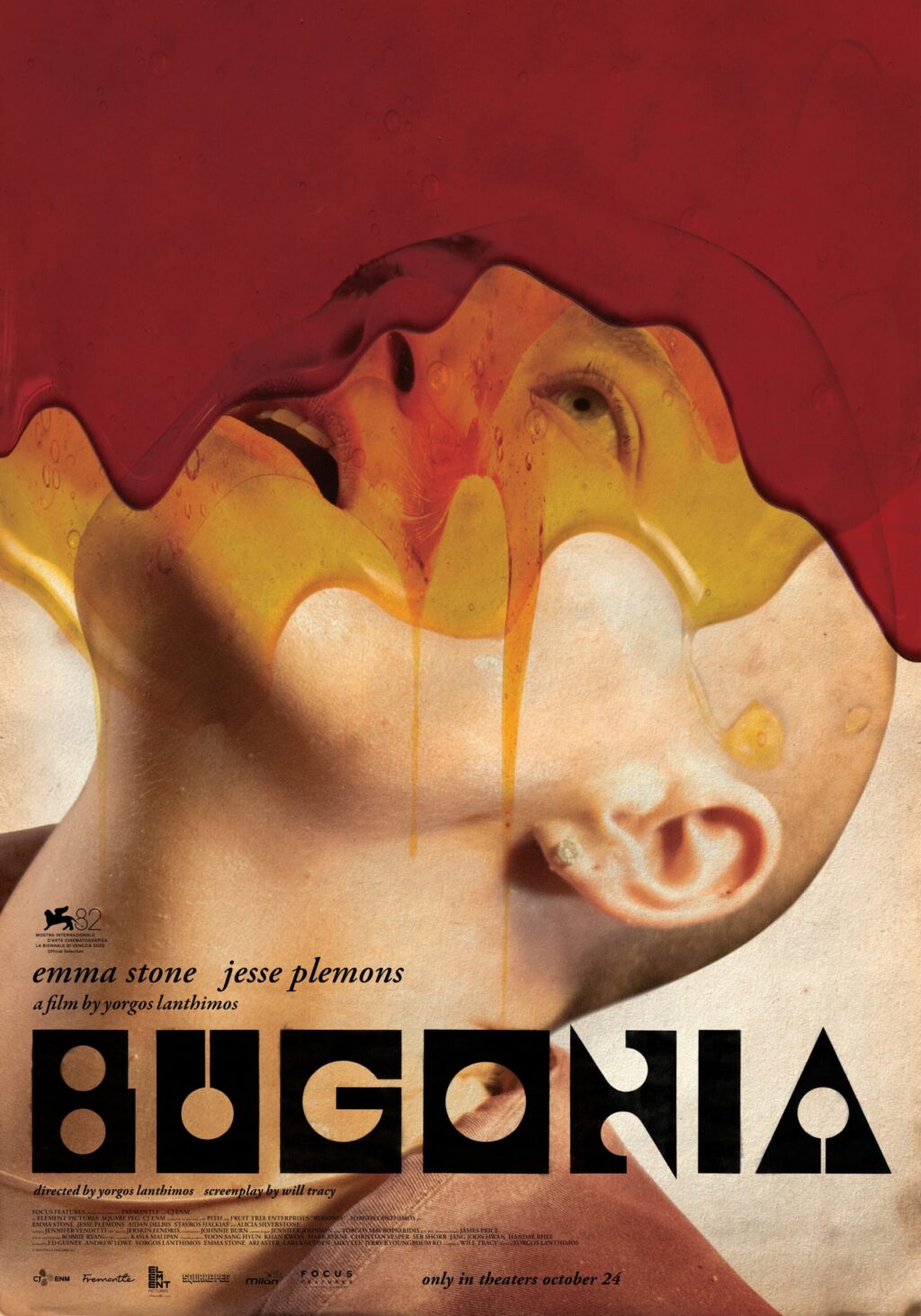
Introduction to Bugonia
Bugonia is a historical concept that refers to the ancient belief that bees could spontaneously generate from the decomposing carcasses of animals, particularly in the context of sacred text and folklore. This notion highlights the intersection of natural observation and myth in the development of early scientific thought. Understanding bugonia is essential since it reflects how ancient cultures attempted to explain natural phenomena before the advent of modern science.
The Origins and Historical Context of Bugonia
The idea of bugonia can be traced back to ancient Greek philosophers, notably Aristotle, who wrote about this phenomenon. Aristotle suggested that bees emerged from the decayed flesh of animals, particularly in the case of oxen. This notion was also documented in various historical texts, including the writings of Pliny the Elder, who believed in the miraculous nature of bee production. Throughout history, cultures have revered bees for their role in pollination and honey production, which has led to the entrenchment of bugonia in mythology and literature.
Modern Understanding and Scientific Perspective
With the advancement of entomology and biology, the scientific community debunked the myth of bugonia. Researchers discovered that bees develop from eggs laid by queen bees rather than spontaneously generating from dead animals. This understanding showcases the evolution of scientific inquiry, emphasizing the transition from mythological beliefs to empirical evidence.
Bugonia’s Cultural Relevance Today
Despite its historical inaccuracies, bugonia continues to play a role in cultural contexts. Bees symbolize hard work, community, and the interconnectedness of life, and they remain central to many ecological discussions. Interest in sustainable agriculture and bee conservation has surged in recent years, prompting a resurgence in the appreciation for bees and their vital role in ecosystems.
Conclusion: The Significance of Bugonia in Contemporary Science
Bugonia may be a relic of an outdated understanding of nature, but its historical significance cannot be ignored. It is a reminder of humanity’s ongoing quest for knowledge and our efforts to comprehend the natural world. As we face environmental challenges, the study of bees and their behaviors becomes increasingly essential for sustainability and ecological balance. Understanding the myth of bugonia reinforces the importance of scientific literacy and the journey of discovery that has shaped our current knowledge of the biological sciences.



